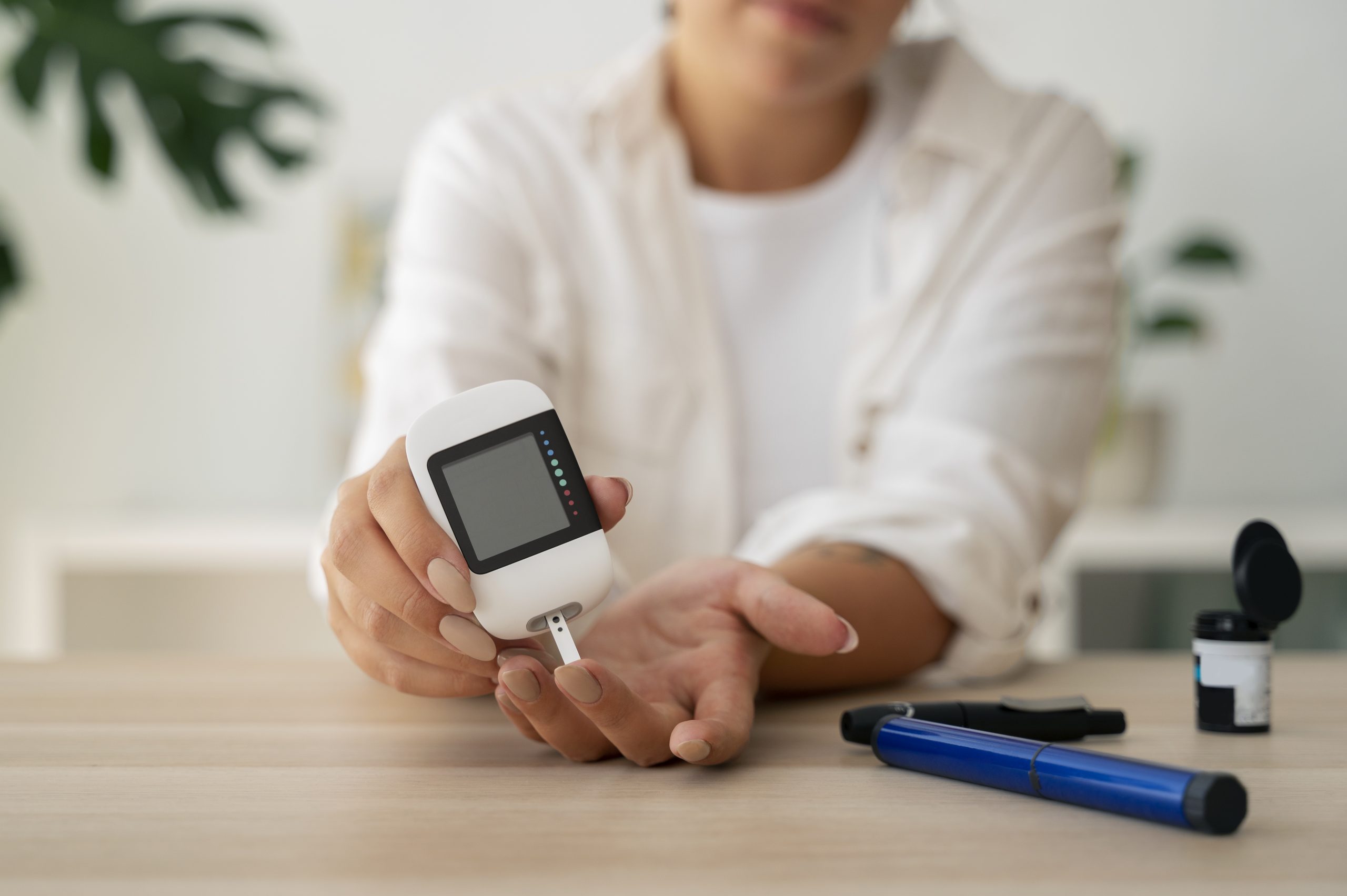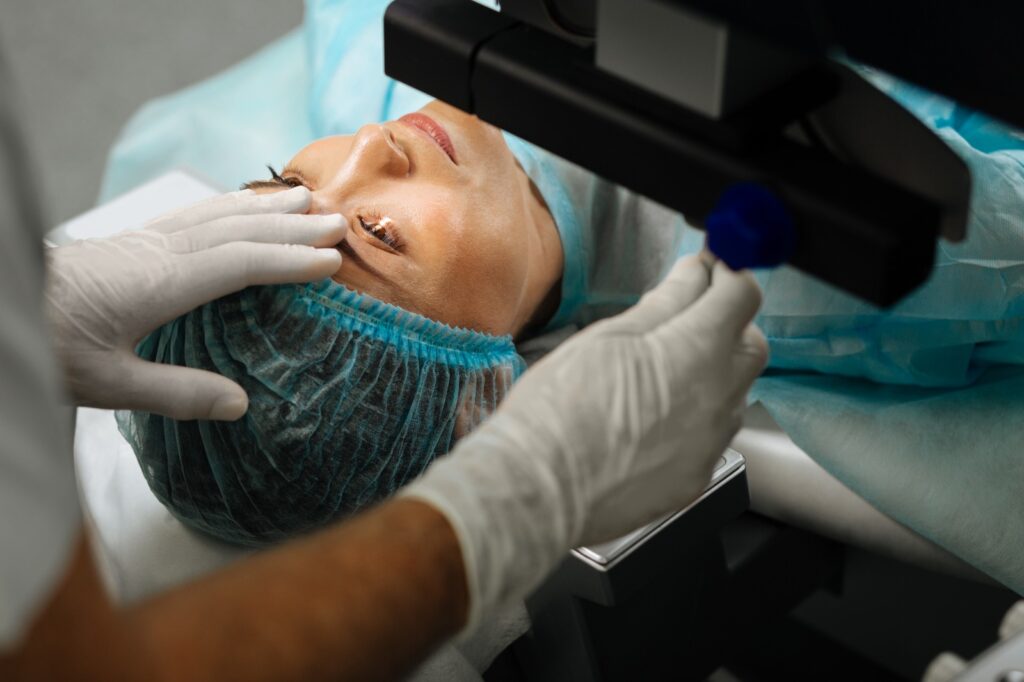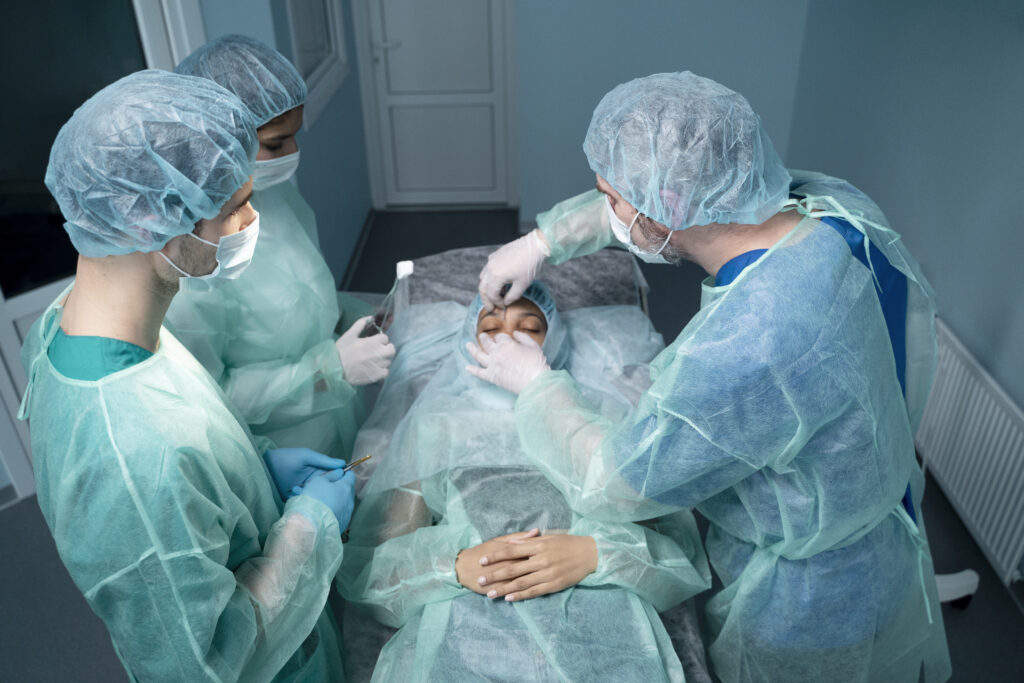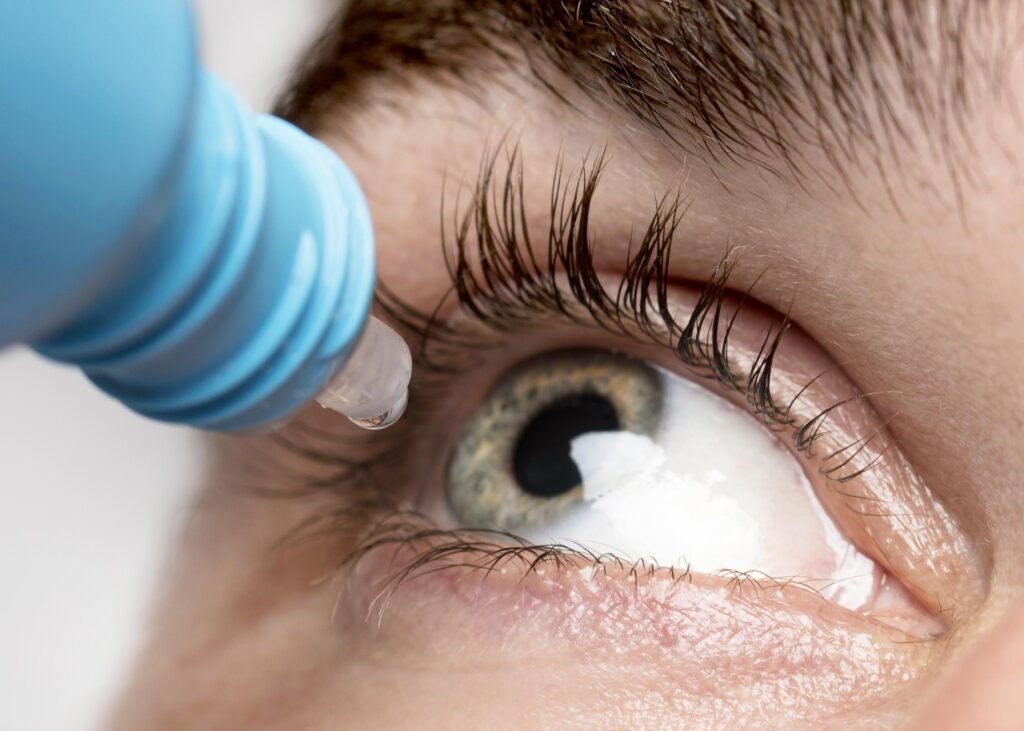Aging and vision: Common Eye issues in Seniors
- Aging And Vision
- Prevention Of Eye Issues
- Common Eye Issues in Seniors
Aging and vision is as we gracefully age, our bodies undergo numerous transformations, and our eyes are no exception. Vision changes are a natural part of the aging process, affecting millions of seniors worldwide. Let’s discuss about some eye issues with aging and tips to overcome those eye issues.

Aging and vision
- Presbyopia: One of the most prevalent age-related vision changes is presbyopia, commonly experienced around the age of 40. This condition makes it challenging to focus on close objects, leading to difficulties with reading or performing tasks that require near vision. While reading glasses or multifocal lenses can alleviate symptoms, regular eye exams are crucial to monitor changes in vision and adjust prescriptions accordingly.
- Cataracts: Cataracts develop when the eye’s natural lens becomes cloudy, leading to blurred vision, sensitivity to light, and difficulty distinguishing colors. Seniors often face this condition due to aging, but other factors like diabetes or prolonged UV exposure may also contribute. Cataract surgery, a common and highly successful procedure, involves removing the clouded lens and replacing it with an artificial one, significantly restoring vision.
- Age-Related Macular Degeneration (AMD): AMD is a progressive condition affecting the macula, the central part of the retina, resulting in a loss of central vision. This can make activities like reading, driving, or recognizing faces challenging. While there’s no cure for AMD, early detection through routine eye exams is crucial. Lifestyle changes such as a diet rich in antioxidants, wearing UV-protective sunglasses, and quitting smoking may help reduce the risk.

Aging and vision: Common eye issues
- Glaucoma: Glaucoma encompasses a group of eye diseases that damage the optic nerve, often associated with increased pressure within the eye. It can gradually lead to vision loss if left untreated. While it can affect individuals of any age, seniors are at a higher risk. Regular eye exams and early intervention through eye drops, laser surgery, or conventional surgery can help manage glaucoma and prevent vision deterioration.
- Dry Eyes: Aging can lead to decreased tear production and quality, resulting in dry, irritated eyes. Symptoms include stinging, burning, or a gritty sensation. Using artificial tears, avoiding dry environments, blinking regularly, and staying hydrated can offer relief. In severe cases, prescription eye drops or procedures might be necessary.
- Retinal Disorders: Seniors are also susceptible to retinal disorders like diabetic retinopathy or retinal detachment. Diabetes, hypertension, and other systemic conditions can contribute to these issues. Strict control of underlying health conditions and regular eye exams can aid in early detection and management.

As we age, prioritizing eye health becomes increasingly crucial. Alongside regular eye check-ups, maintaining a healthy lifestyle, protecting eyes from UV rays, and promptly addressing any changes in vision are vital steps towards preserving optimal eye function. Aging may bring about vision changes, but with proper care and attention, we can navigate these challenges and enjoy good vision for years to come.
Recent Post
Best LASIK Eye Surgery Benefits for Badlapur Residents
Best LASIK eye surgery is best for many residents of Badlapur who were fed up with glasses or uncomfortable contact lenses;…
Cataract Surgery in Thane: Expert Tips to Know
Cataract Surgery in Thane has gained people’s trust, seeking clearer vision and a better life that upgraded. Besides, through their state-of-the-art…
Advanced Eye Care with Best Glaucoma Surgery in Badlapur
Vision is one of the most important senses we have and should be prioritized when it comes to preventing. Nevertheless, some…




